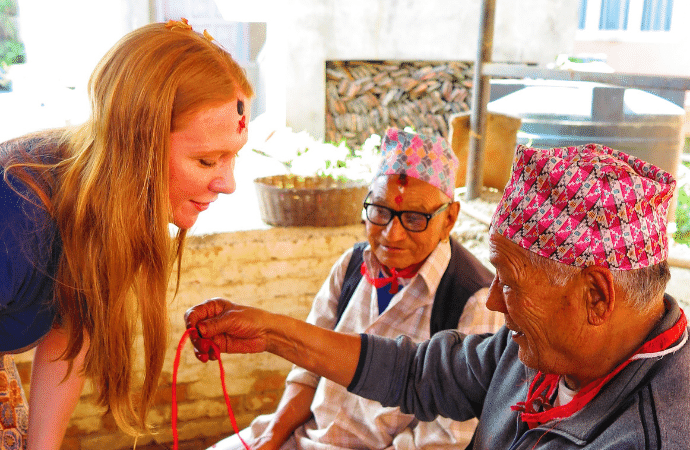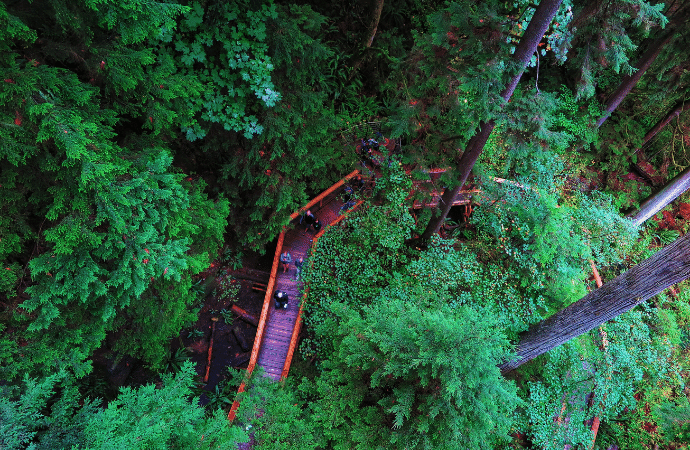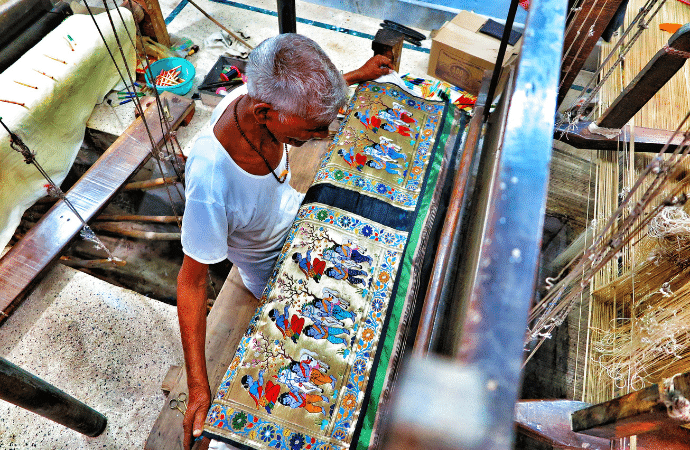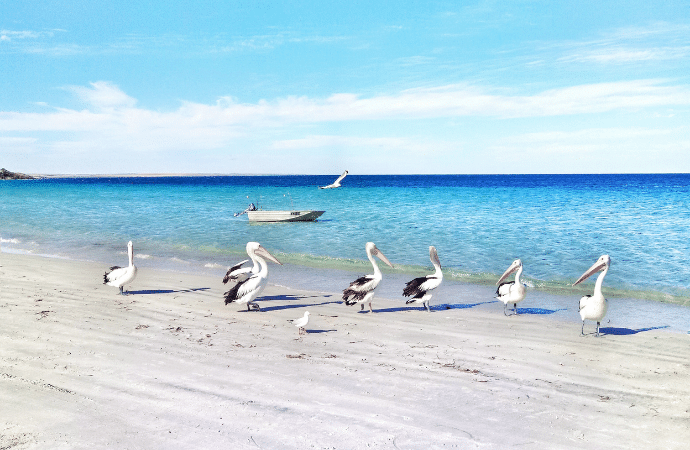How to travel more responsibly in Australia and beyond
As the world begins to reopen, a demand for more responsible and meaningful travel continues to grow.
By Keeley Warren
In the Asia-Pacific region, an interest in ecotourism and nature-based tourism is gathering significant momentum. The Pacific Asia Travel Association (PATA) claims that nature-based tourism is now the fastest growing tourism sector globally!
Whilst ecotourism and nature-based tourism are more well-known, travellers are becoming increasingly aware of the impacts that overtourism presents and they are expecting more responsible options from tourism operators, destinations and experience providers.
To meet this growing demand from consumers, many businesses in the tourism sector are beginning to integrate more regenerative practices and community-focused initiatives into their offering. These initiatives are often co-designed directly with the people living locally and they aim to support and benefit the local community and destination longer-term. These benefits come in the form of meaningful local employment, economic improvements, and a sense of purpose for the community, along with minimising the impact on the local environment. In many cases, improving the environmental state within the region is a fundamental goal.
Organisations such as the Fair Tourism Foundation and Planeterra are experts in the area of community-based tourism. They develop authentic localised experiences for travellers, ensuring that the community truly benefits and that tourism dollars are injected back into the local economy.

Meaningful travel for everybody
As travellers, we often search for experiences that are authentic and meaningful to us, but what if we could also ensure our visit was meaningful to others? The good news is, we can.
Here are 8 ways to make a positive and lasting impact when you travel:
1. Learn about responsible travel and regenerative tourism by immersing yourself in it on your social media channels. Read blog content that has been written by ethical travellers that are also passionate about the tourism sector as a whole, not just bloggers that post pictures of beautiful destinations that look perfect on Instagram. The easiest way to learn about responsible travel is by following social media accounts that share inspiring content and information about responsible travel in the city and country you live in, along with the destinations you plan to visit. You can find interesting accounts to follow on Instagram and Facebook by searching through posts with relevant hashtags such as #ResponsibleTourism, #RegenerativeTravel, #ConsciousTravel, #SustainableTourism. A few of our favourite accounts on Instagram are @sustainabletravel_ngo, @rootedstorytelling and @ecotourismaustralia.
2. If you like to have immersive local experiences, consider speaking with an expert in this area to get advice about different destinations and experiences that would be best suited to your travel style. Dedicated platforms such as Earth Changers specialise in speaking with travellers to connect them with responsible and regenerative experiences, accommodation venues and activities that genuinely benefit the local destination. I Like Local is another fantastic resource for travellers find and book locally-curated travel experiences that make a positive impact. This virtual marketplace provides local businesses in 19 countries across Africa and Asia with an opportunity to connect with travellers in search of immersive travel experiences.

3. Find out about the environmental, social and economic challenges in the region you are travelling to and learn more about the organisations that are working to alleviate these issues. Contact them directly in advance of your trip to learn how you may be able to help. Whether it be a financial contribution, spreading awareness about the work they are doing on your social media channels or actively participating in their program of work via an internship or volunteering program, there are many ways you can make an impact and help with a meaningful contribution that feels right for you.
4. Seek out businesses that are certified as sustainable and responsible. In Australia, you can find an extensive list of eco-certified experiences and destinations through The Green Travel Guide. Internationally, Green Destinations have recently launched the Good Travel Guide to help travellers find ways to travel responsibly and make a difference. Their new website includes destinations, experiences and local events worth discovering. When searching for hotels, several international accreditation websites list hotels that meet sustainability criteria in their region. One of our preferred choices is Green Globe because they publish independently certified hotels around the world on their website. Various other independent international auditors assess and certify destinations, businesses and accommodation venues for sustainability, including The Green Key, Earth Check and Look online for other resources that can help you to choose your accommodation and experiences more responsibly.

5. Avoid international accommodation booking sites and apps that take a large cut of commission that goes to international shareholders. Some sites take more than 30% commission and unfortunately these are some of the most well-known websites and apps in the world. There are many other more responsible organisations popping up, such as coop in Australia and fairbnb.coop in The Netherlands. These organisations are passionate about returning 50% of their booking fees to local community initiatives in the destinations you visit. This stimulates regenerative tourism and is known as Community Powered Tourism.
6. Before booking direct with a local service provider, do some research about their business and speak with the people that work there. Ask them questions about their organisation such as how long they have been in business, if they are part of a big company and what their story is. Smaller, family-owned businesses are generally the best choice.

7. Tourism businesses offering authentic and responsible experiences will generally receive positive feedback from previous customers. Check online reviews and look for reviews from international visitors that vouch for authenticity and responsible practices. If you are visiting a developing country, be cautious if a business has hundreds or thousands of reviews posted from people living in that country – Unfortunately there are many cases where these reviews are fake and sponsored. We have learnt this the hard way through personal experience!
8. Sustainable practices start at home and have a long-lasting impact locally. Once you start learning about responsible and sustainable travel and get into the habit of making more mindful decisions when you travel locally, it will become second nature when you travel abroad.

There really is no better time to learn more about responsible travel and the various other forms of regenerative tourism that are becoming more readily accessible to travellers. It’s time for us to use travel as a force for good and to make a positive impact wherever we go. The actions we take now will make a significant difference for many generations still to come.
This article was written by Keeley Warren, Founder and Director of Wanderlust with a Purpose and Mankind Digital. Keeley is an advocate for conscious and responsible tourism in Australia and beyond. Her website and social media presence encourage thousands of travelers to reconsider their travel choices and travel more responsibly. To learn more about conscious tourism, you can find Keeley on Instagram (@wanderlustwithpurpose) and Facebook (@wanderlustwithapurpose).


This Post Has 0 Comments